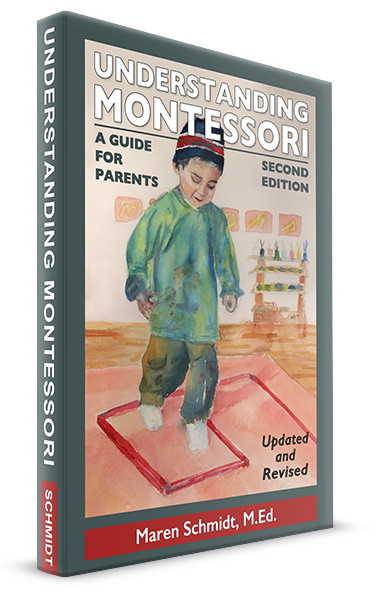
Studies on how to age well cite certain factors for well-being: have a close circle of family and friends, stay active and laugh often.
Amazingly these ingredients for a good life are what the developing mind of the young child under the age of six years also requires. Positive social contact serves as a buffer between the young child and the ups and downs of life. The people in our life can cushion negative experiences and amplify positive experiences. Children need a mediator, a guide of sorts, to keep and hold relationships together for the long term.
Young children need people around them who will promote, practice, point out, protect and enjoy the adventure of life with them.
Children should have someone who will explain the nuances of culture. This help is essential in a young child’s development, as the child has no ability or experience in shaping what influences individual brain development. The young child needs a person to make sense of life and serve as a protector of brain development.
Brain research supports a new connectionist model of brain development that suggests that sensory input into the brain creates the neural pathways based on life experiences. The pathways that get the most input grow more complex. Those pathways that don’t receive sensory input disappear.
This is part of the nature or nurture question.
Are we born with natural gifts, or do we absorb our gifts through the learning we do in our environment? Research shows that we may be born with natural tendencies, but if those leanings are not supported in our environment, we lose the ability to tap into those talents. For example, adopted children who had musically gifted parents and grandparents and were not raised in a music-rich environment did not show above average skills or interest in music.
Positive experience creates positive learning.
If a child’s experiences are negative, the brain is not growing in a positive manner, but is being deprived of life-affirming experiences.
We should not protect our children from every bump and bruise as other research shows that we learn from our mistakes, but we want to protect our children from trauma and abuse.
Trauma and abuse are characterized as physical punishment, bullying, teasing or harassment. Children do not have the experience to understand the intricacies of safety, manners or cause and effect, and they need a social guide to help them navigate these culturally turbulent waters.
Young children are vulnerable and are building resiliency through positive experiences in their lives. We need to provide the environment for positive interaction for our children and protect them from the stress and distress of trauma and abuse.
The young brain needs positive social support from family and friends to develop in healthy, life-affirming ways. Depression and violence in later life seem to be correlated to early adverse experiences.
It shouldn’t surprise us that research shows that we retain information longer when we laugh.
Laughing relieves stress, helps form positive relationships and helps the brain grow. So laugh every day with your children. Guide and protect them through healthy brain development for a lifetime of well-being.


This is a great reminder to share laughs and plenty of smiles with young friends regularly. I can become too serious at times – laughing is an amazing tool to clear the air and refresh the mind! Thank you.
Katie,
Every day a little play!
Thanks for this great reminder Maren. Laughter and smiles are powerful! I have noticed over the years that I could employ a highly trained/certified teacher in one room who was very serious and solemn or sullen and in the next room employ one who did not have formal training but who was eager to learn, interested in the children and wore a genuine smile throughout the day.. You guessed it; the interested, smiling employee won out hands-down on all sides…happy kids, happy parents, happy co-workers…and for sure a happy Director 🙂 Play lives inside our attitude towards life I think!
Norma,
I think having fun is underrated!
Let’s work to put the fun back in dysfunctional.